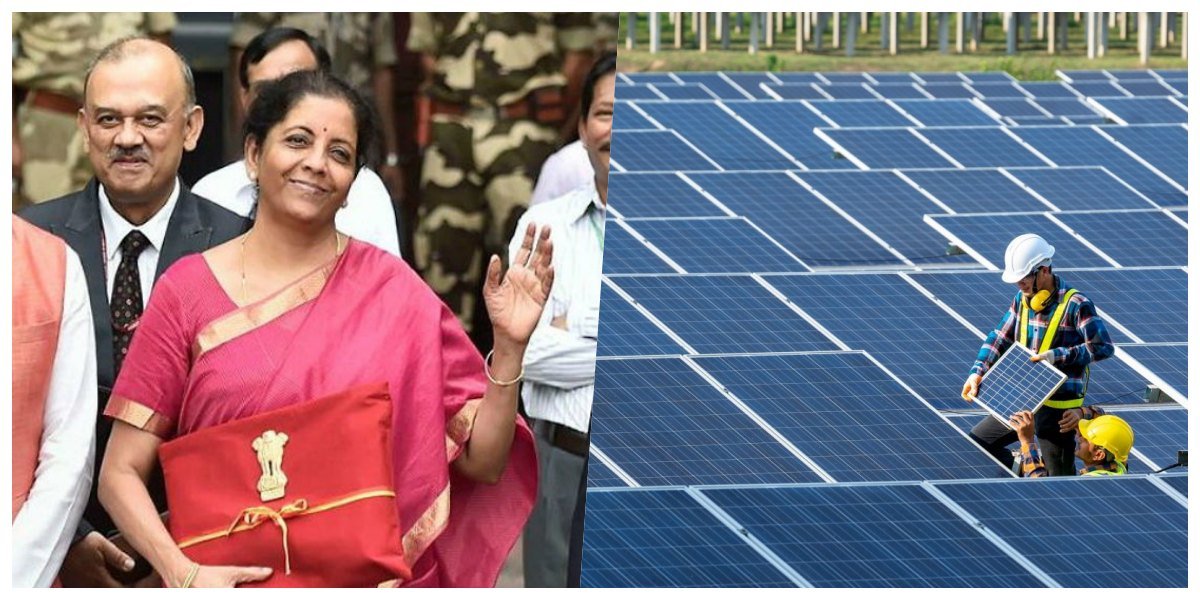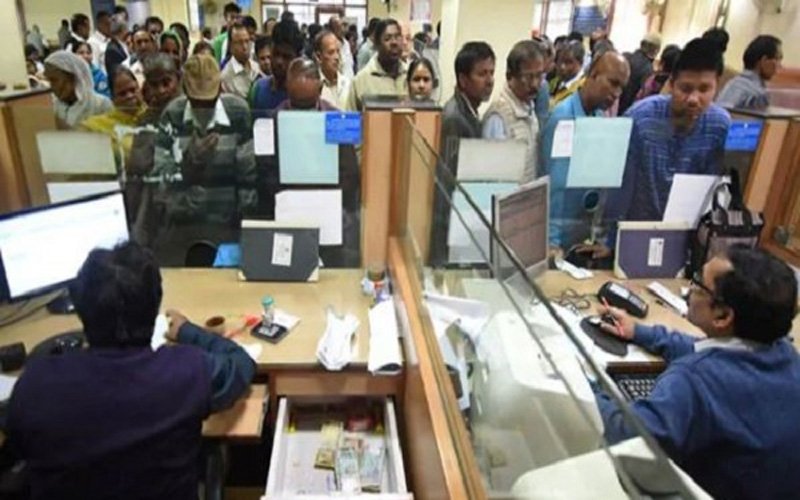
The Reserve Bank of India (RBI) is India’s central bank, responsible for regulating the country’s monetary and financial system. Founded on April 1, 1935, the RBI plays a crucial role in maintaining the stability of India’s economy by controlling the supply of money, supervising financial institutions, and formulating and implementing monetary policies. In this article, we will explore the functions and roles of the RBI in greater detail.
Monetary Policy
The primary function of the RBI is to maintain price stability and control inflation in the country. To achieve this goal, the RBI formulates and implements monetary policies that control the supply of money in the economy. It does this by setting interest rates, controlling the amount of money in circulation, and regulating the credit flow in the economy.
The RBI uses a variety of tools to implement its monetary policies. It uses open market operations (OMOs) to buy or sell government securities, thereby increasing or decreasing the supply of money in the economy. The RBI also uses the cash reserve ratio (CRR) and statutory liquidity ratio (SLR) to regulate the amount of money that banks must keep in reserve. By adjusting these ratios, the RBI can control the amount of money that banks can lend, thereby controlling the credit flow in the economy.
Banker to the Government and Lender of Last Resort
Another important role of the RBI is to act as the banker to the government. The RBI manages the government’s accounts, receives and makes payments on behalf of the government, and issues government securities. The RBI also acts as a lender of last resort, providing emergency liquidity to banks and financial institutions in times of crisis.
Regulator and Supervisor of the Financial System
The RBI is responsible for regulating and supervising the banking and financial system in India. It grants licenses to banks and financial institutions, supervises their operations, and ensures that they comply with the regulatory guidelines. The RBI also monitors and regulates the payment and settlement systems in the country.
Foreign Exchange Management
The RBI is responsible for managing the country’s foreign exchange reserves. It buys and sells foreign currency to maintain the value of the rupee in the international market. The RBI also formulates and implements policies to regulate foreign exchange transactions and to promote foreign trade.
Developmental Role
In addition to its regulatory and supervisory roles, the RBI also plays a developmental role in the Indian economy. It promotes financial inclusion and literacy, develops the financial infrastructure of the country, and supports the growth of small and medium-sized enterprises.
Conclusion
The RBI plays a critical role in maintaining the stability of India’s economy. Its functions and roles are diverse and multifaceted, ranging from formulating and implementing monetary policies to regulating and supervising the banking and financial system. The RBI’s mandate is to promote economic growth and development while maintaining price stability and financial stability in the country. Understanding the functions and roles of the RBI is essential to understanding the workings of the Indian economy as a whole.In recent years, the RBI has taken several initiatives to promote financial inclusion and literacy in the country. It has launched various schemes to encourage people to use digital banking and to open bank accounts. The RBI has also established a financial education program to educate people on the importance of savings, investment, and financial planning.
The RBI’s developmental role extends beyond financial inclusion. It also plays a vital role in promoting sustainable economic growth in the country. The RBI has launched various schemes and initiatives to support the growth of small and medium-sized enterprises, which are the backbone of the Indian economy. The RBI has also taken steps to promote the growth of the agricultural sector, which is a significant contributor to the country’s economy.
One of the significant challenges facing the RBI in recent years has been the rise of non-performing assets (NPAs) in the banking sector. NPAs are loans that are not repaid by borrowers, and they have been a significant cause of concern for the banking sector in India. The RBI has taken several measures to address the issue of NPAs, including tightening its regulatory framework and implementing stricter norms for loan restructuring.
In conclusion, the Reserve Bank of India plays a critical role in the Indian economy. Its functions and roles are diverse and multifaceted, ranging from maintaining price stability and controlling inflation to promoting financial inclusion and literacy. The RBI’s mandate is to promote sustainable economic growth while maintaining financial stability in the country. The RBI has taken several initiatives to achieve this goal, and it will continue to play a crucial role in shaping the future of the Indian economy.



